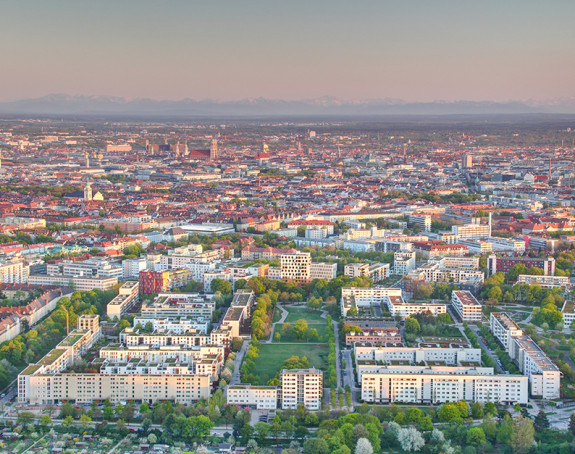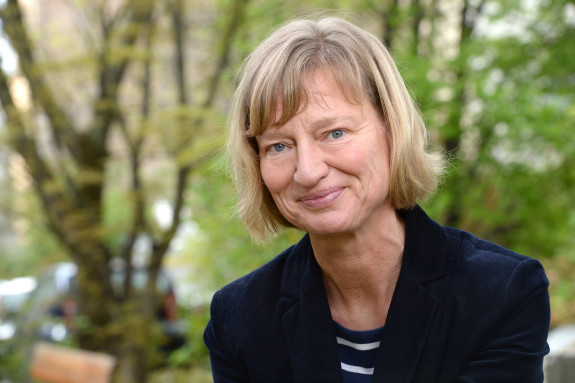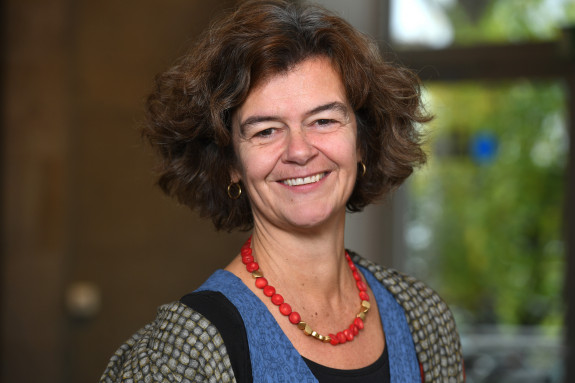
Without housing provision: essential basis for integration is missing
The immigration of refugees constitutes a rudimentary part in our migration society. Over recent years, Germany has accepted a large number of asylum seekers and refugees – over one million people have fled to Germany since 2022 from Ukraine alone. At over 300,000 asylum seekers, figures for migration in 2023 were at their highest since 2016. The trend is currently reversing, which is possibly a result of more vigorous border controls. The acceptance of so many people seeking protection in a short period of time presents the German national, federal state and municipal governments with numerous challenges. Difu’s current “OB Barometer 2024” also confirms these challenges. According to the estimation of the town and city leaders, the question of accommodation and integration of refugees and asylum seekers is one of the biggest current and future challenges for German municipalities. Also, the recently published municipal survey on the importance and situation of arrival accommodation states that difficulties in the transition to accommodation on the free housing market as well as homelessness are the biggest challenges immigrants face on the topic of housing.
The municipalities organise accommodation and provision for immigrants differently: not every municipality supports the integration of refugees into the housing market in the same way. Even arrival processes are given different levels of support, with arrival accommodation being more or less accepted and strengthened. Among other things, it depends on whether discussions on allocation and fairness are feared or conducted in such a way to strengthen social housing.
The fact is that a thriving co-existence and social solidarity in the migration society heavily depends on the successful integration of refugees. To do so, the provision of adequate, good and affordable housing is an important condition. Housing is a keystone of integration,
alongside work and education or training. It is more than just the simple accommodation of people, it is about participation in societal life, including the necessary space to retreat and privacy.
Recognizing and taking into account the needs of different disadvantaged groups - avoiding competition and exclusion.
Even today, there are refugees who have been living in Germany since 2015 and still have not found a home. Experts speak of a “moving out crisis” in the accommodation facilities. There appears to be a gap between the ambitious objectives of integration and housing market policy and their implementation. However, examples in Cologne, Hamburg, Berlin and Lübeck show how – shoulder to shoulder with the housing industry, social providers and volunteer organisations, as well as in the context of model projects or federal state run support programmes and initiatives, – access to housing can be secured and integration supported. Not all municipalities have the necessary prerequisites or can implement the required measures. A great challenge is the housing market, which is strained in many places resulting in a lack of affordable and adequate housing. Furthermore, due to lacking information, discrimination, lacking transparency as well as complex criteria for access to various residential segments, it is above all refugees and immigrants who struggle to find housing. Alongside the supply problem there is also a massive access problem. As a result residency status and duration as well as income and nationality are often decisive factors in whether a claim for supported housing is successful. Furthermore, there are financial requirements, e.g., security deposit and commission, which can generally only be paid through personal or community networks. Therefore, on the transition into the private housing market refugees often find themselves in precarious housing situations, in which they have to do battle with overcrowded housing, legal uncertainty and high rents.
It illustrates how difficult the transition from temporary accommodation to permanent housing is. Housing is important in order for integration in the migrant society to succeed. In doing so, quantity, quality, standard and suitably of the housing are also to be considered. Access to the housing is equally important. And who gets the housing must be taken into consideration. For alongside refugees and immigrants, there are also many other people in socially precarious situations. Initiatives and measures for social, affordable housing must be aware and mindful of the various needs of the differently disadvantaged groups, balance these needs and also to avoid competition and exclusion. It is not (primarily) about creating special housing for refugees – on the contrary, for that would create a fairness and allocation problem in the migration society and add fuel to a debate that is already difficult.
What options do municipalities have?
What can particularly challenged municipalities do when it is a question of providing housing and improving access to it? They require access to properties in order to be able to provide affordable housing for everyone, including refugees. Since the provision of housing for refugees is a joint task of all stakeholders on the housing market, it is a matter of forming or strengthening alliances, in particular with the housing industry. In order to strengthen the integration power that housing brings, bridges to urban society are also required. Social providers and volunteer organisations make a huge contribution to establishing and implementing the support services necessary for access to housing. All of them need energy for the sprint to create pathways towards short-term solutions as well as stamina for the necessary marathon to provide permanent housing. Acting in the face of dynamic processes and incomplete data is and remains a challenge. Increased cooperation between various departments (housing, integration, urban development) on municipal and federal levels is needed.
If nothing else a change in thinking is required. Many landlords have reservations: Are refugees good tenants? Are they solvent and reliable? How do they treat their homes? In this regard, public anti-discrimination initiatives can provide legal information and support for both the target group and also raise awareness among landlords. A dialogue between municipal administrations, housing associations, research, NGOs and interest groups creates space to discuss current practices, form new alliances and support alternative courses of action for a more inclusive housing policy. For example, in Hamburg every person who has a secured residence permit for over six months can apply for a home through the city housing association, SAGA. In Vienna, the city housing association, Wiener Wohnen, agrees leases with NGOs. The flats in the non-profit apartment building are sublet to refugees on an annual basis. Subsequently, residents can agree a permanent rental contract.
Suitable living situations increase the chances of successful integration
The recognition of refugees as renters should also go hand in hand with making participation possible because living in “transitional situations” is often of lengthy duration. Refugees should at least be involved in decisions about their housing situation. It may also mean that refugees’ housing requirements can be better evaluated. On this basis, provision, e.g., for families or young people, can be adapted and in doing so the chances for a successful integration can be increased.

